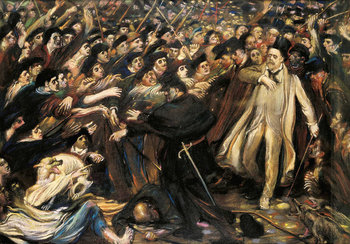
Personal Agency
The ability of a person to act to represent their best interests. Generally speaking, competent adults have a great deal of agency over their lives. However, constraints imposed by a society or system may restrict this agency. The question of how much agency an individual enjoys in a particular system is often a matter of intensive debate. For example, an economic theory may assume that individuals are powerless victims of a system while an alternative theory may look at the decisions and behavior of individuals acting within a system to explain economic outcomes.Moral Agency
The ability to determine right from wrong and act to do the right thing. For example, an employee who knows that their employer is illegally dumping a toxin into a river that is a source of drinking water for a community may be reasonably expected to report this to the authorities.Accountability
Accountability is agency that is based on formal authority. If you are the CEO of a firm, you have the power to represent the interests of stakeholders in the firm including communities, investors, employees and partners. As such, you are accountable for everything the firm does unless a rogue employee does something unpredictable that was completely beyond your capacity to prevent.Responsibility
Responsibility is the duty to act based on your role. For example, the responsibility of an employee to do their job with diligence and the responsibility of a parent or guardian to protect, nurture and support the happiness and development of a child.Notes
A person lacking agency is typically considered blameless for outcomes. For example, a two year old who draws on a wall with permanent marker is blameless as they are too young to have any agency in their actions. In this situation, blame falls to the adult who made the markers available to the toddler without supervision.How a person views their own agency is known as locus of control| Overview: Agency | ||
Type | ||
Definition | The capacity of a person to act in a situation, system or environment. | |
Related Concepts | ||




























